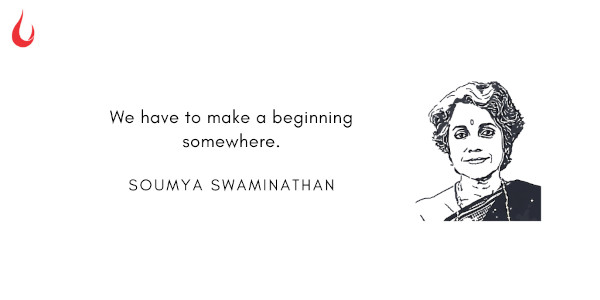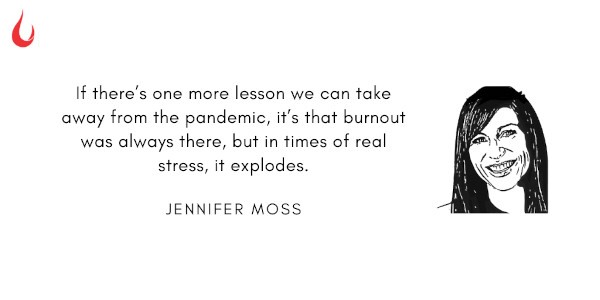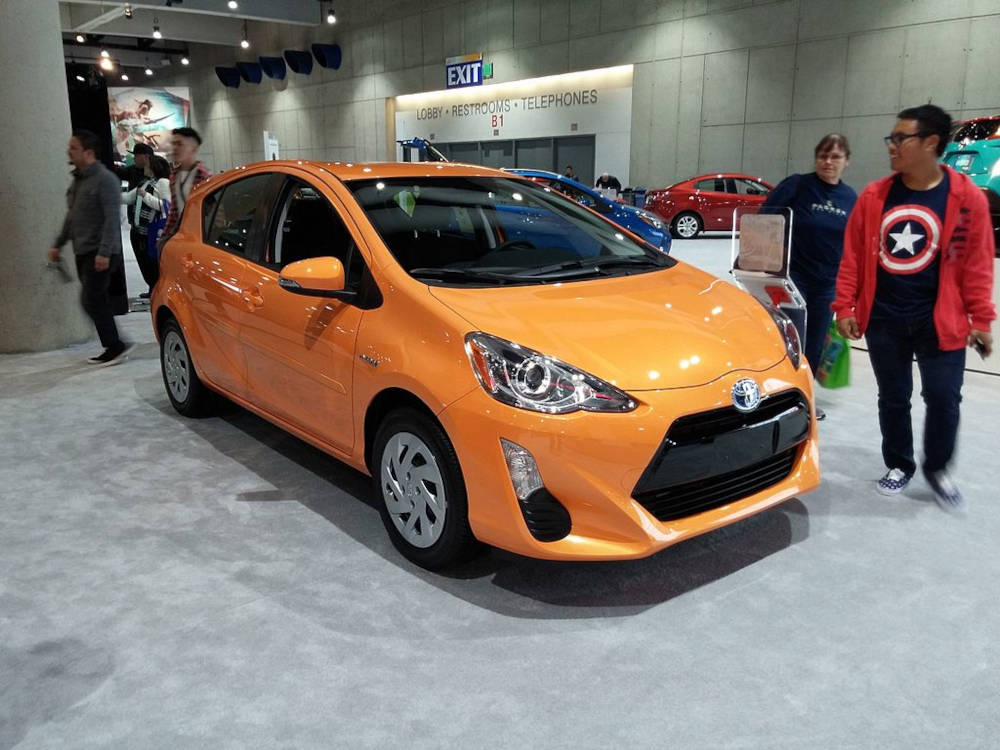[Toyota Prius. Photo by MTSRider18 / CC BY-SA]
Good morning,
Why do we laugh, cry, get angry, do good or for that matter, choose to buy hybrid cars that are environmentally friendly? Exploring themes such as these are the subject of Kevin Simler and Robin Hanson’s utterly fascinating book The Elephant in the Brain: Hidden Motives in Everyday Life.
“Conventional wisdom holds that consumers buy green goods—rather than non-green substitutes that are cheaper, more functional, or more luxurious—in order to ‘help the environment.’” But we must think harder, argue Simler and Hanson.
“In 2010, a team of psychologists led by Vladas Griskevicius undertook some experiments… The researchers gave subjects a choice between two equivalently priced goods, one of them luxurious but non-green, the other green but less luxurious. For example, they gave subjects a choice between two car models, both $30,000 versions of the Honda Accord. The non-green model was a top-of-the-line car with a sporty V-six engine replete with leather seats, GPS navigation system, and all the luxury trimmings. The green model had none of the nice extras, but featured a more eco-friendly hybrid engine…
“Subjects in the control group, who were simply asked which product they’d rather buy, expressed a distinct preference for the luxurious (non-green) product. But subjects in the experimental group were asked for their choice only after being primed with a status-seeking motive. As a result, experimental subjects expressed significantly more interest in the green version of each product…
“What they found is that, when subjects are primed with a status motive, they show a stronger preference for green products when shopping in public, and a weaker preference for green products when shopping online. Clearly their motive isn’t just to help the environment, but also to be seen as being helpful.
“Savvy marketers at Toyota, maker of the popular Prius brand of hybrid cars, no doubt had this in mind when they designed the Prius’s distinctive body. For the US market, they chose to produce a hatchback instead of a sedan, even though sedans are vastly more popular. Why change two things at once, both the engine and the body? A likely reason is that a distinctive body makes the car more conspicuous. Whether out on the road or parked in a driveway, a Prius is unmistakable. If the Prius looked just like a Camry, fewer people would notice it…
“What Prius owners are signaling is their prosocial attitude, that is, their good-neighbourliness and responsible citizenship. They’re saying, ‘I’m willing to forego luxury in order to help the planet.’ It’s an act of conspicuous altruism.”
What are your motives for doing what you do?
In this issue.
- The art of the start
- How to prevent burnouts
- An Indian twist
The art of the start
Day 1 of the three day Women Leaders in Global Health Conference opened with an interesting fireside chat with Sara Saeed Khurram, co-founder and CEO of Sehat Kahani, and Soumya Swaminathan, chief scientist, WHO, moderated by journalist Barkha Dutt.

Soumya Swaminathan is the daughter of MS Swaminathan, agricultural scientist, and Meena Swaminathan, a well-known educationist. Answering a question, she said, right through her education—school, college, medical school—she never felt that she was being discriminated against or treated differently as a girl or as a woman. But all that changed when she joined ICMR.
The culture, she said, was male dominated. “Most of our committees were and I think continue to be male dominated. That’s where you felt that you were being talked down to or made fun of. It becomes very difficult to express your opinion next time, because you’ve been either laughed at or shouted down the first time. I think it continues to be. I do see young women today also being treated differently from a young male scientist and particularly in these kinds of boardrooms when you’re trying to defend your idea. It could be a grant proposal or it could be a new idea that you wanted to study.”
Barkha Dutt asked how she responded.
Swaminathan replied, “I am not an aggressive person by nature. So, I think I tended to be in fact cowed down a little bit, and maybe inhibited from speaking up the next time. I remember when my director and one of my mentors asked me to attend a meeting in Delhi, I said ‘It's pointless. Why do you want to send me? No one is going to listen to me, because all the people around the table think they know better. They’re much older, they’re men.’ And, he said, ‘No, but you’re the technical expert and you need to be out there. You have to make a beginning somewhere.’”
Dig Deeper
- Women Leaders in Global Health Conference (needs registration)
How to prevent burnouts
In her HBR essay on preventing burnouts, Jennifer Moss shares the story of how Okta tweaked its work around employee needs during the coronavirus crisis.

She writes: “Todd McKinnon, CEO of Okta, says he realised during the pandemic that his people weren’t taking the time off they needed to recuperate. ‘The data shows that, at home, our staff were kind of working 24/7.’ Although he assumed that giving Fridays off would help, his staff just ended up working Saturdays because the workload remained the same. So, he decided to change the deliverables. ‘If you really want to take the pressure off the team, you have to adjust the workload.’
“Although the payoff for Okta employees remains to be seen, McKinnon has the right idea here. First, we leverage data-based decisions to quickly assess what is at the root of the stress. Then, we employ upstream strategies to tackle the problem. And, being patient and supportive about people’s fears right now will be critical to preventing burnout.”
Dig Deeper
An Indian twist

(Via WhatsApp)
These are names of stores in parts of India that were shared with us via WhatsApp. Very ingenious, we think. Have you spotted something? Let us know on our Slack channel.
And if you missed previous editions of this newsletter, they’re all archived here.
Bookmark Founding Fuel’s special section on Thriving in Volatile Times. All our stories on how individuals and businesses are responding to the pandemic until now are posted there.
Warm regards,
Team Founding Fuel

